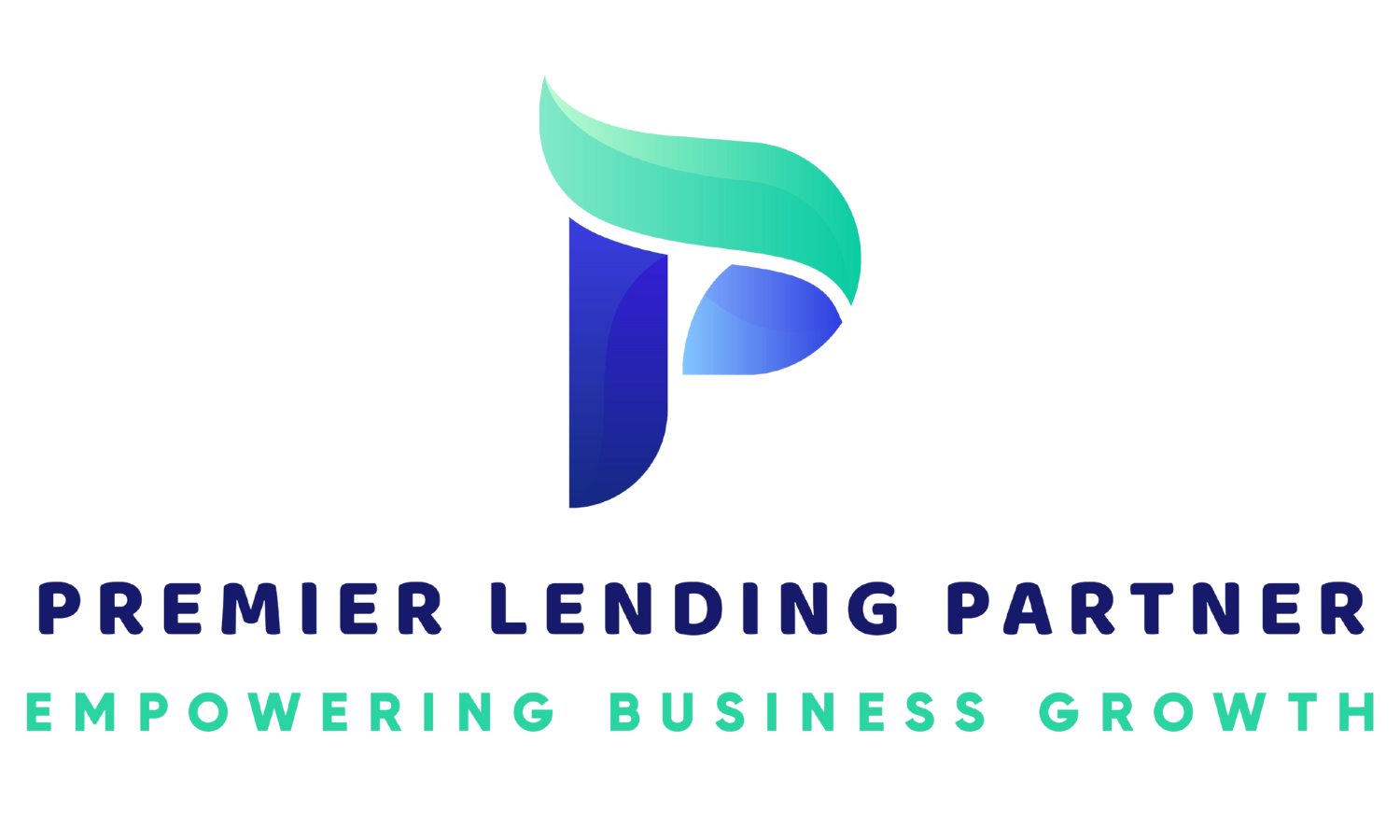
In the world of business, navigating cash flow can often feel like sailing through unpredictable waters. During times of financial strain or when opportunities arise that require immediate capital, businesses may turn to revenue advances as a potential solution. However, like any financial tool, revenue advances come with their own set of advantages and disadvantages. In this post, we’ll dive into the pros and cons of revenue advances to help you make informed decisions for your business.
What are the advantages of a revenue advance?
- Immediate Access to Capital: Perhaps the most significant advantage of revenue advances is the quick access to capital they provide. Unlike traditional loans, which may take weeks to process, revenue advances can often be secured within days, if not hours. This rapid infusion of funds can be crucial for businesses facing urgent financial needs or seeking to capitalize on time-sensitive opportunities.
- No Collateral Required: Revenue advances are typically unsecured, meaning businesses don’t need to put up collateral such as property or assets to secure funding. This can be particularly beneficial for small businesses or startups that may not have substantial assets to pledge as security.
- Flexible Repayment Terms: Unlike traditional loans with fixed monthly payments, revenue advances often feature flexible repayment terms. Repayments are typically based on a percentage of future revenue, which means they fluctuate with the business’s cash flow. During slower periods, when revenue is lower, the repayment amount decreases, easing the financial burden on the business.
- No Restriction on Use: Revenue advances offer businesses the flexibility to use the funds as they see fit. Whether it’s covering operating expenses, investing in growth opportunities, or managing unexpected costs, businesses have the autonomy to allocate the funds where they’re needed most.
What are the disadvantages of a revenue advance?
- Higher Cost: One of the primary drawbacks of revenue advances is the higher cost compared to traditional loans. Since revenue advances are often considered higher-risk financing options, providers typically charge higher fees or interest rates. Businesses must carefully weigh the cost of the advance against the potential benefits to ensure it’s a financially viable option.
- Impact on Cash Flow: While revenue advances provide immediate access to capital, they can also impact future cash flow. Since repayments are based on a percentage of revenue, businesses may experience fluctuations in cash flow, particularly during peak sales periods. Forecasting cash flow accurately is essential to ensure the business can comfortably meet its repayment obligations without facing liquidity challenges.
- Potential for Dependency: In some cases, businesses may rely on revenue advances as a source of funding, leading to a cycle of borrowing to cover ongoing expenses. This dependency can create long-term financial strain and limit the business’s ability to achieve sustainable growth. Businesses must use revenue advances strategically and explore alternative financing options to diversify their sources of capital.
- Limited Availability for Some Businesses: Revenue advances may not be accessible to all businesses, particularly those with inconsistent or minimal revenue streams. Providers typically require businesses to have a proven track record of revenue generation to qualify for an advance, which may exclude startups or businesses in niche industries with fluctuating income.
Revenue advances can be a valuable tool for businesses seeking quick access to capital with flexible repayment terms. However, it’s essential to weigh the pros and cons carefully and consider alternative financing options to ensure the chosen solution aligns with the business’s financial goals and capabilities. By understanding the potential risks and benefits, businesses can make informed decisions that support their long-term success.
Get Financing Today
Get started with your application and join Premier Lending Partner of forward-thinking businesses.
Give Us A Call
929-610-6935
